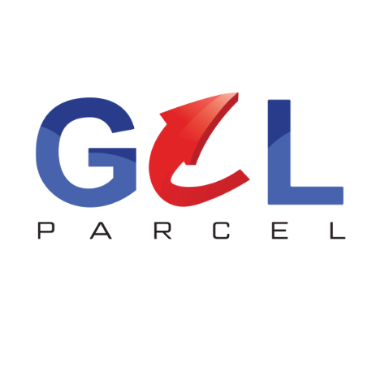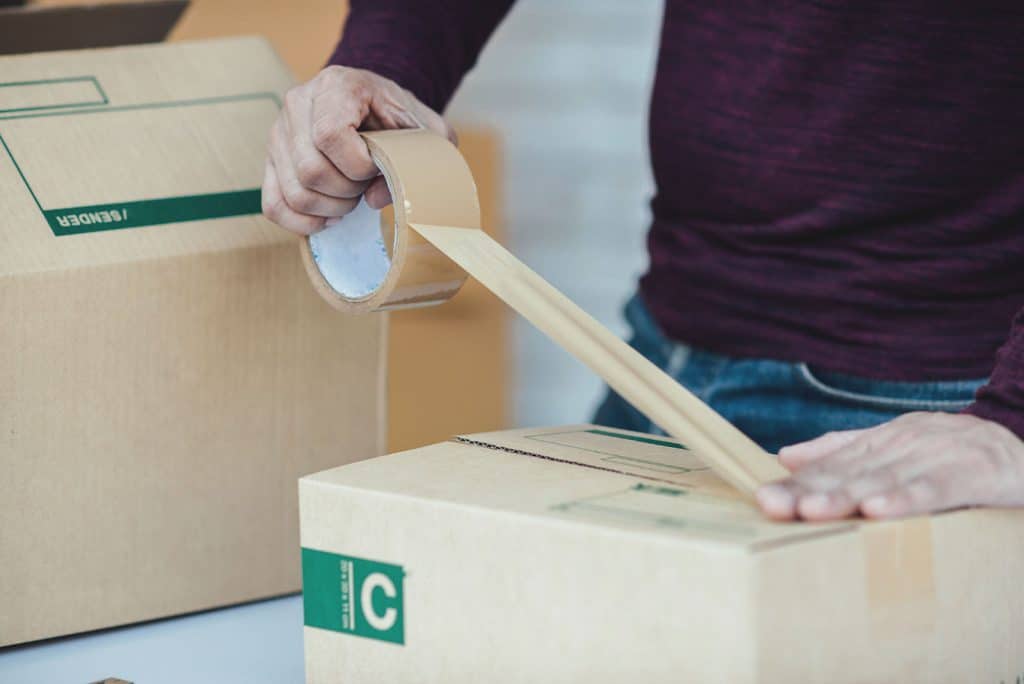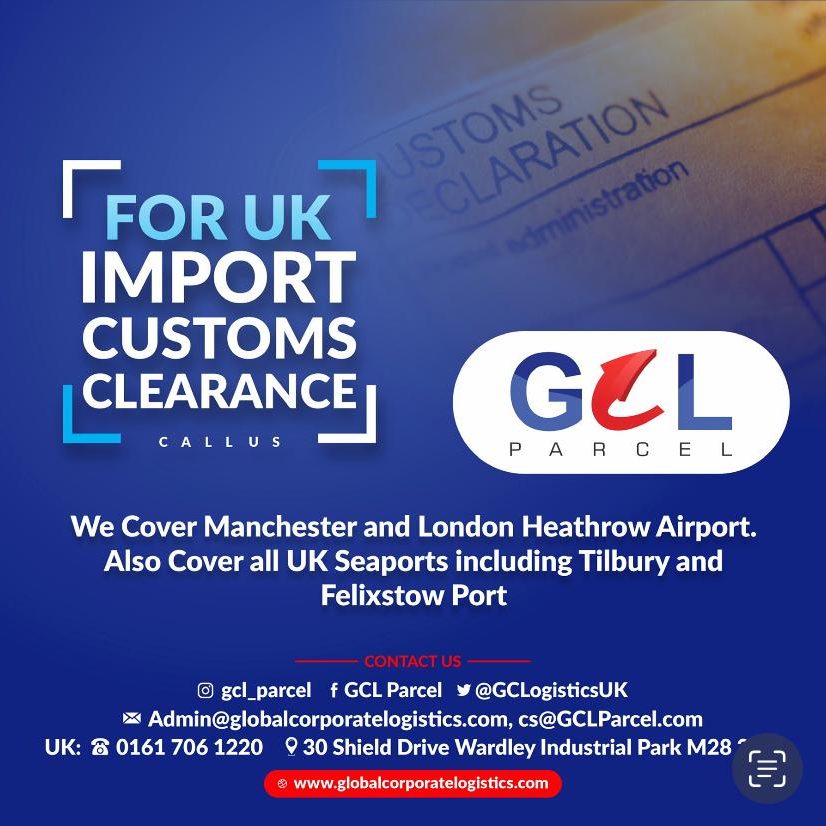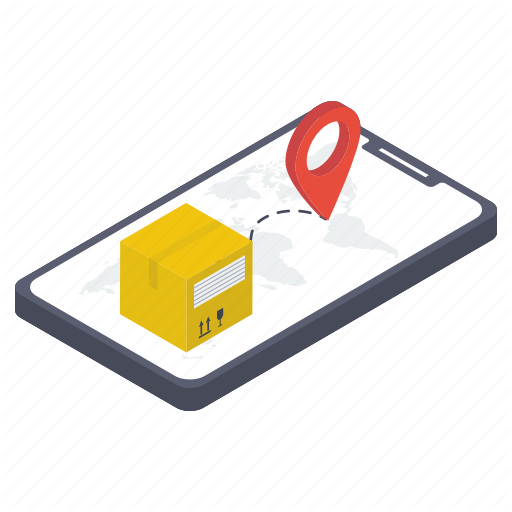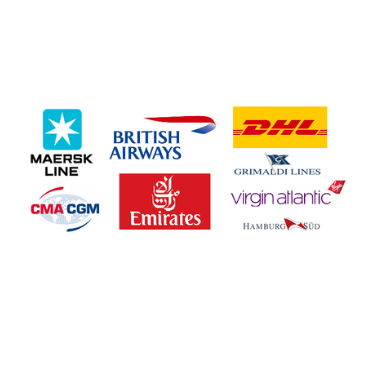Frequently Asked Questions
How do freight forwarders handle international shipping?
Freight forwarders handle international shipping by coordinating the movement of goods across borders, managing customs clearance, documentation, and logistics. They ensure timely and efficient transportation through a network of carriers, adapting to specific shipping needs.
What services do freight forwarders offer to clients?
Freight forwarders offer clients a range of services including air, sea, and road freight transportation, customs clearance, logistics planning, shipment tracking, and package consolidation, ensuring efficient and reliable delivery for both local and international shipments.
What documents are required for customs clearance in different countries?
The documents required for customs clearance vary by country but typically include a commercial invoice, packing list, bill of lading, and any necessary permits or certificates. Always check the specific requirements of the destination country.
How do freight forwarders calculate shipping costs?
Freight forwarders calculate shipping costs based on several factors, including the weight and dimensions of the cargo, shipping distance, mode of transport, and any additional services like customs clearance or insurance.
How do freight forwarders ensure cargo safety?
Freight forwarders ensure cargo safety by implementing robust handling procedures, using secure packaging materials, and monitoring shipments throughout the transportation process. They also adhere to international regulations and standards to minimize risks during transit.
What documents do freight forwarders require for shipping?
Freight forwarders require several key documents for shipping, including a bill of lading, commercial invoice, packing list, and any necessary customs declaration forms. These documents ensure proper handling and compliance throughout the shipping process.
What are the most common customs clearance delays?
The most common customs clearance delays are often caused by incomplete or inaccurate documentation, unpaid duties and taxes, and inspections resulting from random checks or suspicions of non-compliance.
What is the estimated delivery time for my parcel?
The estimated delivery time for your parcel depends on the chosen shipping method and destination. Typically, air freight takes 1-3 days, sea freight may take 7-14 days, and road freight varies between 2-5 days.
What is the difference between freight forwarder and broker?
The difference between a freight forwarder and a broker lies in their roles. A freight forwarder arranges transportation and logistics for shipments, while a broker acts as a middleman connecting shippers with carriers, facilitating the shipping process.
How do I choose a reliable freight forwarder?
Choosing a reliable freight forwarder involves assessing their experience, reputation, and customer reviews, as well as ensuring they offer comprehensive services and transparent pricing. Additionally, confirm their compliance with industry regulations for peace of mind.
How long does customs clearance typically take?
The duration of customs clearance typically varies based on factors such as the type of goods and the completeness of documentation. Generally, it can take anywhere from a few hours to several days to complete the process.
What happens if my shipment is held in customs?
If your shipment is held in customs, it typically undergoes additional inspection or paperwork verification. This may cause delays, but our team can assist you in expediting the process and ensuring compliance with regulations.
What is the role of a customs broker in clearance?
The role of a customs broker in clearance is to facilitate the import and export of goods by ensuring compliance with customs regulations, preparing necessary documentation, and managing duties and taxes, thereby streamlining the customs process for businesses.
What is the difference between customs clearance and customs compliance?
The difference between customs clearance and customs compliance is that customs clearance refers to the process of obtaining permission for goods to enter or leave a country, while customs compliance ensures adherence to laws and regulations governing that process.
What is the role of a freight forwarder in logistics?
The role of a freight forwarder in logistics is to act as an intermediary between shippers and carriers, managing the transportation process and ensuring smooth customs clearance for both local and international shipments.
What is the cost of customs clearance for importing goods?
The cost of customs clearance for importing goods varies depending on the nature of the shipment, the value of the goods, and specific service providers. Typically, fees may range from £50 to £300, including duties and taxes.
How does customs clearance process work for imports?
The customs clearance process for imports involves submitting necessary documentation, including invoices and packing lists, to customs authorities. They assess duties and compliance with regulations before releasing the goods for delivery.
What insurance options are available for shipments?
The insurance options available for shipments include standard cargo insurance, which covers loss or damage during transit, and all-risk insurance, offering comprehensive coverage for various potential incidents.
How can I track my shipment status?
You can track your shipment status by using the tracking number provided when your shipment was dispatched. Simply enter this number on our website's tracking page to receive real-time updates on your shipment’s location and estimated delivery time.
What packaging guidelines should I follow?
The packaging guidelines to follow include using sturdy, lightweight materials, ensuring items are cushioned to prevent damage, and adhering to specific customs regulations for international shipping. Proper labeling is also essential for smooth transit and delivery.
Are there limitations on parcel sizes or weights?
There are limitations on parcel sizes and weights for our logistics services. Typically, the maximum weight for parcels is 70 kg, and the dimensions should not exceed 1.5 meters in length. Please contact us for specific shipment requirements.
What happens if my parcel is lost?
The consequences of a lost parcel can be significant. If your parcel is lost, we will conduct a thorough investigation to locate it and may offer compensation if it cannot be found. Please contact our customer service for assistance.
How are duties calculated on imports?
Duties on imports are calculated based on the customs value of the goods, which includes the cost of the merchandise, shipping, and insurance. The applicable duty rates depend on the product classification and country of origin.
What payment methods do freight forwarders accept?
Freight forwarders typically accept various payment methods, including bank transfers, credit cards, and PayPal, ensuring secure and flexible options for both personal and business shipping transactions.
Can I get real-time shipping updates?
Real-time shipping updates are available through our logistics services. You can track your shipments easily and receive timely notifications regarding their status throughout the shipping process.
What should I do if customs requires more documents?
If customs requires more documents, you should promptly gather the requested paperwork and submit it as instructed. Contact your logistics provider for guidance to ensure compliance and avoid delays in your shipment.
How can I expedite the customs clearance process?
Expediting the customs clearance process involves preparing all necessary documentation in advance, ensuring compliance with regulations, and working with a reliable logistics partner experienced in customs procedures. Timely communication and accurate labeling can also significantly accelerate the process.
Are there restrictions on certain types of goods?
Restrictions apply to certain types of goods when shipping. Prohibited items often include hazardous materials, perishables, and counterfeit products. It's essential to verify specific regulations to ensure compliance with both local and international shipping laws.
What are common reasons for shipping delays?
Common reasons for shipping delays include adverse weather conditions, customs clearance issues, carrier capacity constraints, and logistical bottlenecks. Understanding these factors can help businesses better plan their shipping needs and mitigate potential disruptions.
How do freight forwarders manage cross-border logistics?
Freight forwarders manage cross-border logistics by coordinating transportation modes, handling customs clearance, and ensuring compliance with international regulations. They leverage their expertise and networks to streamline the shipping process, reducing delays and optimizing costs.
